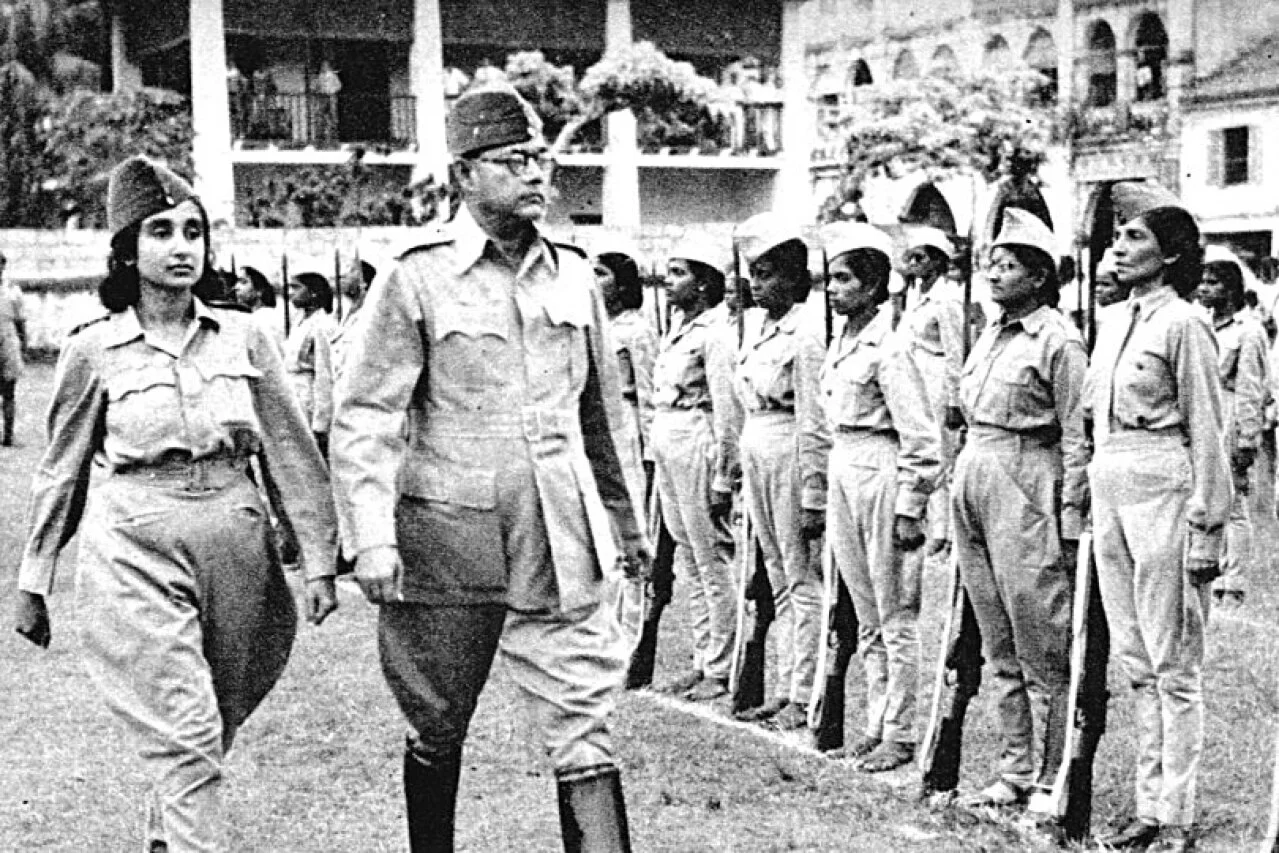Her Cold War by Tanya Roth offers an insightful explanation of how, contrary to the popular narrative, Cold War era servicewomen were essentially the pioneers of the second wave feminist push for gender equality in the United States. The book focuses on the period between 1945 and 1980—a deceptively small window of time for such an impactful period both for women in the military and in U.S. culture more broadly. In 1945, there was no Department of Defense, separate Air Force, or a permanent place for women in any existing branch of the military. By 1980, only two generations later, the first groups of women were piloting military aircraft and graduating from military service academies.
#Reviewing Out Standing in the Field
Out Standing in the Field gives valuable insight into what women go through in the armed forces. While it is a military-specific memoir, it will also resonate with many women who are in any traditionally male-dominated professions. Perron’s experiences are important to understand for those looking to bring about change, a popular topic in this Me Too era. What Perron endured, and the response of those in leadership roles, highlights what needs to be addressed to put the military on track for improvement.
#Reviewing In the Trenches
#Reviewing It's My Country Too
As two women veterans who have taken on this project to elevate the voices of other women like them, Bell and Crow are taking an active role in shaping and preserving not only their own legacy but also that of the many undercounted women who have joined them in military service. The pages feel alive with agency and pride. This is a volume with more of a mission statement than a thesis statement. The unmistakable message of this book is: we are here, we have been here, and we have a voice. There are a lot of people who need to hear that.
#Reviewing Jet Girl
While Jet Girl illuminates the ways in which that fraternity still works to exclude women in uniform, it does so on an individual rather than collective level. The reason why Johnson’s shift in focus to the problems servicewomen face is jarring is because for so much of the book, it’s not evident that she faced many problems as a result of being a woman. Jet Girl succeeds most when Johnson shares her experiences honestly, and when she rightly celebrates her accomplishments in naval aviation.
#Reviewing Women at War
Women at War is a book about shared vision—the vision of Indian independence, for which so many men and women were willing to give their lives, a vision which united the charismatic, controversial, and Cambridge-educated Subhas Chandra Bose with the women of the Rani of Jhansi Regiment, many of whom had never even lived in their mother country.
#Reviewing The Backwash of War
Whether its yesterday’s chemical warfare and shell shock, or today’s improvised explosive devices and Post Traumatic Stress Disorder, La Motte’s provocative no-nonsense style and clinical approach to medicine combined with her open critique of the military hierarchy’s approach to waging war, lack of forethought in treating casualties, and overall reaction to global conflict and injustices remains pertinent.
#Reviewing War Flower
This is the story of not only what war can do to a human brain, but what it specifically did to Brooke King’s brain. War Flower is a story of a child of a broken home going to war, getting spat out broken, and trying to piece her life back together for the sake of her sanity and the well-being of her children. It is a memoir of war.
#Reviewing The Girls Next Door
#Reviewing War Virgin: Liberation or Exploitation?
To a woman on active duty, constantly trying to prove her value—or, at the very least, that her mere presence isn’t destructive—the majority of Westley’s behavior is mortifying. I did not enjoy reading this book. But as Westley’s story developed, I stopped cringing as much over her exploits and started wondering more if she ever had much of a chance. Westley’s account reads extreme, but I’ve seen the basics too many times before.
#Reviewing Leading from the Front
In a small sea of books offering insights into Marine Corps leadership, this book stands apart by virtue of its focus on women. That focus, however, is most valuable for women who have no knowledge of military leadership. Those familiar with the military, particularly the Marine Corps, might find the tone annoying.
Women on the Battlefield: Data, Science, and the Law
Anyone who hasn’t been trapped under a rock over the past few years has heard innumerable comments on the Secretary of Defense’s decision to admit women into combat career fields, and the build-up leading to this decision—the Marine Corps’ large-scale integration experiment, the Army’s adventures with females in Ranger training, etc. Most of these commentaries miss the mark in one way or another—some are little more than feelings and prejudice cloaked as professional opinion—and few begin where they should, with first principles and the law. Only with these foundations can we evaluate what the services have done in meeting the requirements laid before them.













